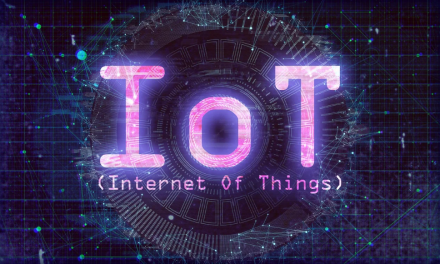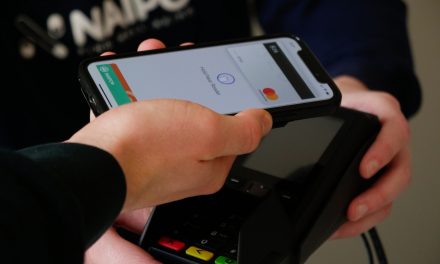Advancing Healthcare Data Management Through Blockchain Technology
The significance of advanced data management in healthcare is becoming more evident as organizations recognize the need to effectively manage, govern, exchange, and analyze vast arrays of data, both internal and external.
The urgency for robust data protection in the healthcare sector is underscored by the alarming increase in patient data breaches. Data from Atlas VPN reveals a staggering rise to 87 million affected patients in the United States in 2023, up from 37 million in 2022, highlighting a pressing need for secure data management solutions.
Integrating Blockchain for Enhanced Data Management
The integration of blockchain technology with other advanced technologies marks a pivotal step towards addressing these challenges, offering more efficient and secure data management systems.
Amber Hartley, Chief Strategy Officer at BurstIQ, emphasized the limitations of conventional data management approaches that result in isolated data silos, hindering seamless information connectivity. BurstIQ’s innovative approach merges blockchain with machine learning and privacy technologies to generate “smart data,” embedding privacy, permissions, and trust directly into the data, thus enhancing security and privacy beyond traditional database confines.
BurstIQ’s LifeGraph platform serves as a testament to blockchain’s potential in healthcare, aiding organizations like The Colorado Department of Health Care Policy and Financing in managing Medicaid data with enhanced data quality, governance, and security.
Blockchain’s role extends to enabling data encryption, self-sovereign identity, and secure multi-party computation (MPC), empowering patients with control over their data and facilitating secure, privacy-preserving data analysis among multiple parties.
Fostering Trust with Multi-Party Computation (MPC)
Bruce Ahn, Head of Adoption at Partisia Blockchain, highlighted MPC’s capacity to establish trust within inherently trustless systems. Partisia’s collaboration with Verida aims to leverage MPC for secure, private patient data management, allowing patients to manage healthcare and fitness data across various platforms securely.
The envisioned solution would enable healthcare research organizations to access verified, anonymous healthcare data for research, maintaining privacy and consent through innovative blockchain and MPC technologies.
Despite the promise, the adoption of blockchain in healthcare faces challenges, including privacy concerns associated with traditional blockchain networks. However, the selective use of blockchain within a broader service stack can offer privacy and security advantages, crucial for meeting stringent healthcare regulations.
Overcoming Blockchain Adoption Challenges in Healthcare
Concerns around blockchain’s compatibility with healthcare privacy and security standards, such as HIPAA and HITECH, present significant hurdles. Yet, the evolving landscape of blockchain and web3 technologies holds the potential to revolutionize healthcare data management, emphasizing the need for advancements that align with regulatory requirements and ensure patient data privacy and security.
In conclusion, while blockchain presents a forward-thinking solution to healthcare data management challenges, its successful integration depends on overcoming privacy and regulatory hurdles, underscoring the importance of continuous technological innovation and adaptation.





